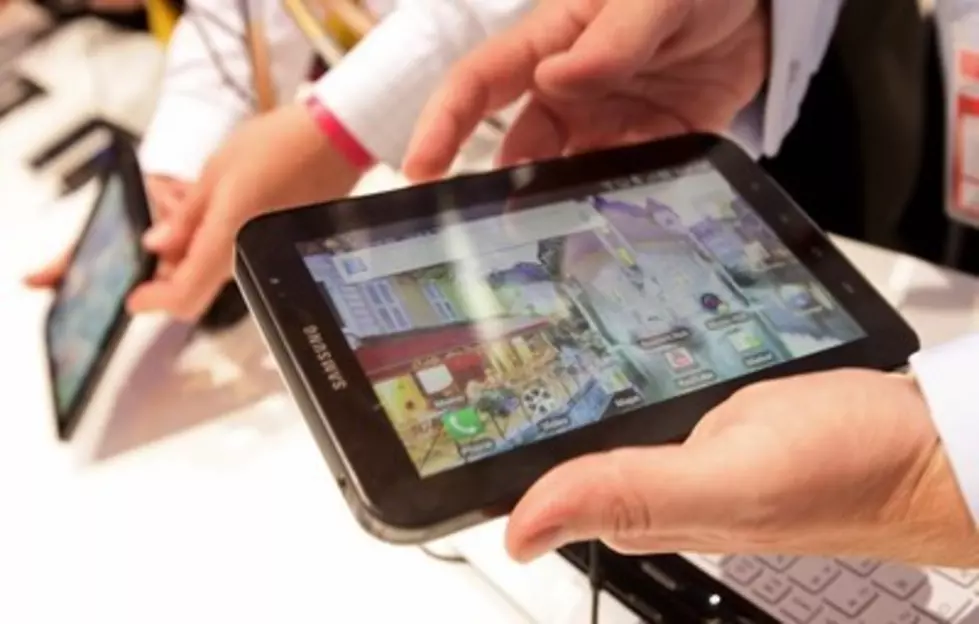
Five Technologies That Could Change Your Life In The Next Five Years
If there’s one thing you probably know about me is that I am fascinated by new technologies.
“What if you could meet up with your friends in 3-D, or have a phone battery that lasts for weeks, or if you could recycle the heat emitted from your computer into a source of energy for your home? What if you could help the environment by carrying sensors that send raw data of your environment to scientists to help them solve big problems in new ways?What if your smart phone could provide real-time, predictive information to help you travel around town in the fastest, safest way possible?”
It is happening now. These are new innovative technologies you’ll see— all in the next five years!”
1) Meet you in 3-D
With the rapid advancement in 3-D technology—you’ll soon be able to interact with your friends with 3-D holograms—in real time—from your phone.
2) Super Battery Tech
Batteries in phones, cars, devices, and even in the electric grid will be smaller, lighter and last 10 times longer and some items like your cell phone may not even need a battery, you’ll be able to just shake it and dial.
3) Recycle your computer’s energy
Energy will be harnessed from computer heat then used to heat and cool buildings.
4) Get there –Now
Take the guessing out of your travel plans. New technology combines predictive analytics with real-time travel route information to recommend better ways to get to your destination.
5) Become a citizen scientist
Technology in sensors will allow typical citizens to gather and contribute invaluable environmental data to scientists for analysis.
New technology is rapidly changing the way we live, work and play.
3-D Tech:
Meet your friends in 3-D. In the next five years science fiction won’t be just fiction anymore….as 3-D interfaces like those in the movies will let you interact with 3-D holograms of your friends in real time. Movies and TVs are already moving to 3-D and as 3-D and holographic cameras get more sophisticated and miniaturized to fit into cell phones, we’ll be able to interact with our friends in entirely new ways…walk down the street next to a holographic image of someone on the other side of the world, work face to face with colleagues in different locations and interact with images and videos from the Internet in true 3-D.
Battery Tech:
Batteries will breathe air to power our devices: Instead of lithium-ion batteries used today, we’ll see lithium-air batteries that will breathe air to store energy. Whether it’s a battery that powers your car or your cell phone, in the next five years new innovations in battery technology will allow your devices to last about 10 times longer. But what if we could eliminate batteries all together? By rethinking the basic building block of electronic devices, the transistor, IBM is aiming to reduce the amount of energy per transistor to less than 0.5 volts. With energy demands this low, we might be able to lose the battery altogether in some devices like mobile phones or e-readers. The result would be battery-free electronic devices that can be charged using a technique called energy scavenging. Some wrist watches use this today – they require no winding and charge based on the movement of your arm. The same concept could be used to charge mobile phones for example – just shake and dial.
Recycling Energy Tech:
Computers will help power your city. Innovations are enabling the excessive heat computers give off to do things like heat buildings. Up to 50 percent of the energy consumed by a modern computer data center goes toward air cooling. Most of the heat is wasted because it is just dumped into the atmosphere. Can you imagine if the energy poured into the world’s computer data centers could be recycled for a city’s use? One pilot program is showing an expected savings of up to 30 tons of carbon dioxide emissions per year–the equivalent of an 85 percent carbon footprint reduction.
Transportation Tech:
You may never be late for work again. Researchers are developing new systems that will help predict the outcomes of your everyday transportation routes to provide real time information that goes far beyond traditional traffic reports. Using new mathematical models and predictive technologies, researchers will analyze an endless number of scenarios to deliver the best routes for travel that include factors such as traffic accidents, road construction, most traveled days of the week, and local events that may impact traffic. It can even help you find available parking.
Data Tech:
You can help save the planet
While you may not be a physicist, you are a walking sensor. In five years, sensors in your phone, your car and even your tweets will collect data that will give scientists a real-time picture of your environment. You’ll be able to voluntarily contribute this data to fight global warming, save endangered species or track invasive plants or animals that threaten ecosystems. A whole class of “citizen scientists” will emerge, using simple sensors to create massive data sets for research. Even your laptop can be used as a sensor to detect seismic activity. Mobile phone “apps” will allow you to contribute invaluable data to causes, like improving the quality of drinking water or reporting noise pollution.
More From Retro 102.5









